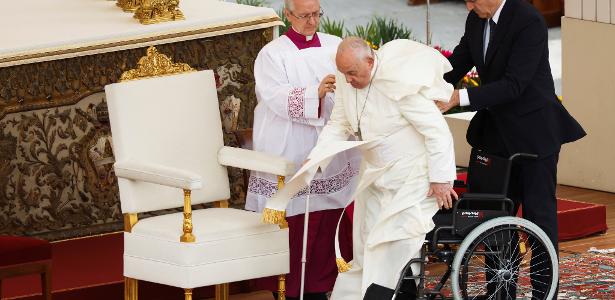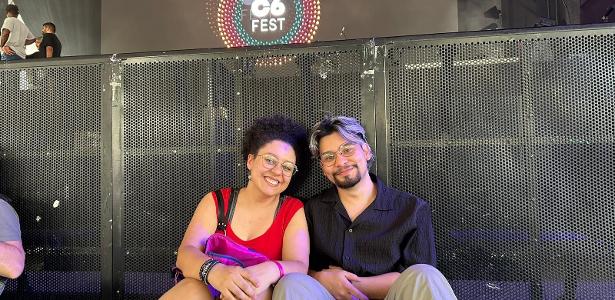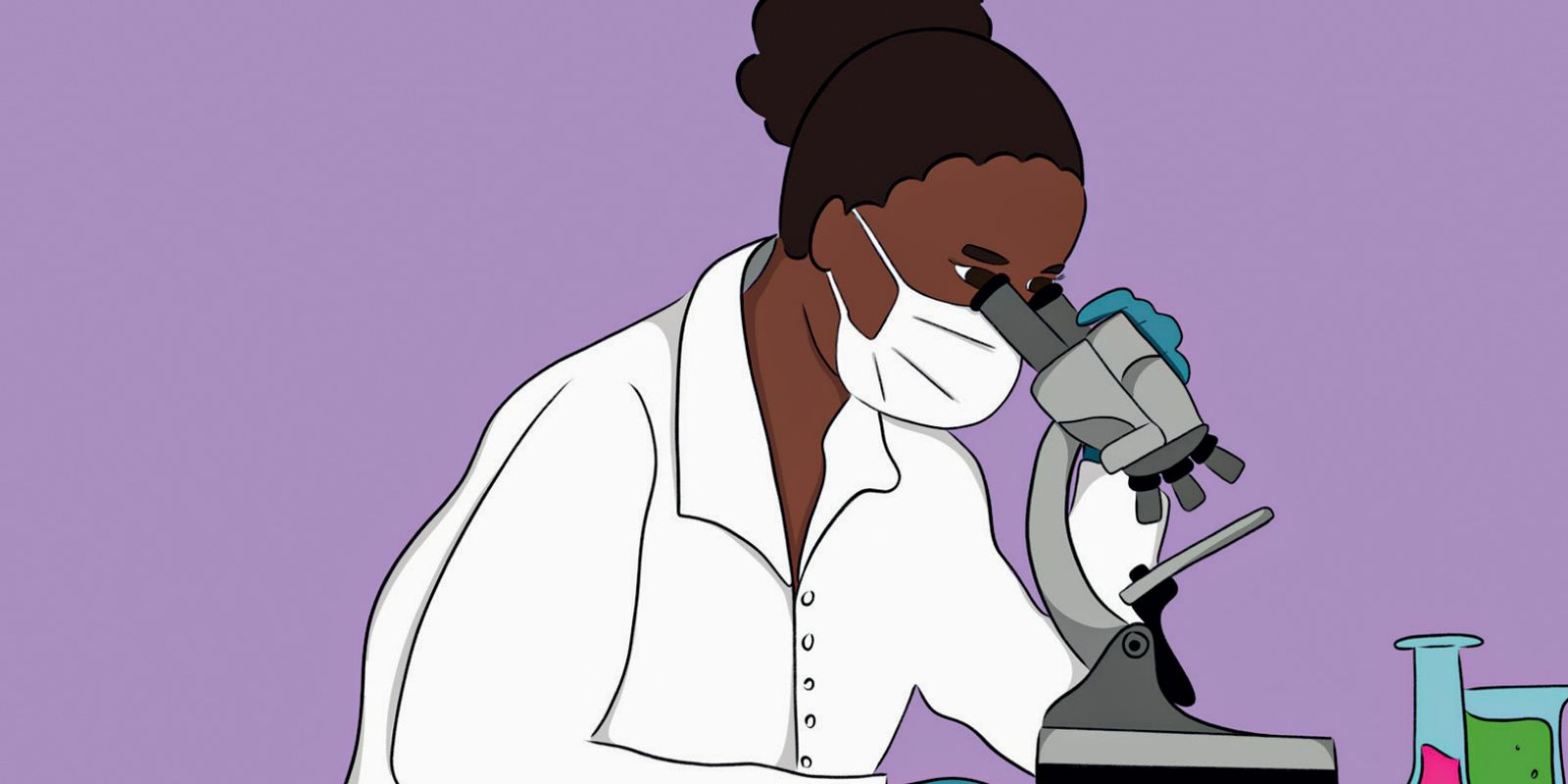Outcome of the mentorship projects Outstanding Black Scientists: Education, Dissemination and Popularization of Science, from the Federal University of Rio de Janeiro (UFRJ); Black Women Doing Science, from the Federal Center for Technological Education Celso Socco da Fonseca (Cefet)-RJ, Campus The novel “Maria da Graca” was published on Monday (4) at the Book Biennale in Rio de Janeiro, and it is the work of children. Luanda in the world of science.
The book tells the story of black scientists from Rio de Janeiro State, and is signed by Ana Lucia Nunes de Souza, Professor at the Nutes Institute for Health Sciences and Education (Nutes), at UFRJ, with illustrations by May Dennis. Among the university’s black professors and scholars mentioned are philosopher and history professor Helena Theodorou; chemical engineer Michelle Muth; And the dancer and teacher of the dance course at the Foundation, Tatiana Damascino, for example.
Luanda in the world of science Playfully highlights the stories of black female scientists in Rio de Janeiro, told from the point of view of 10-year-old Luanda. Ana Lucia explained that in the story, Luanda needs to write an essay for school about what she wants to be when she grows up. When her older cousin Carol sees her sad, she introduces her to the world of scientists. She said it was important for black girls to also meet black scientists and understand the significant impact of their research in different fields of knowledge, from dance to astronomy.
The book is sold at El Biennial for R$20, at the Editora Kitembo booth, which accepts the card distributed by the municipal and state education departments to teachers and students to buy books at the event. The suite is located in Pavilhão Laranja, Calçada Literária CL 01.
an offer
“We have a research project that maps black scientists from Rio de Janeiro state, and an expanded project that publishes the profile and trajectory of these researchers,” Ana Lucia said. Brazil agency. According to him, the idea for the book was born out of students of the project, both in high school and higher education, who wanted to spread this research and the idea that science is possible for girls, black women too, and younger people. girls. “The writing of the book grew out of these discussions.” pedro ii college, Campus Tijuca. Osorio Foundation; and Professor Maria Theresinha Machado State College, in Braca Seca, west of the municipality. The projects are open to any school and student and have a structured cycle of annual activities.
The project was conceived during the pandemic, and when the UFRJ secured funding to publish the book, the initial team had already disbanded. Then Ana Lucia took on the task of writing the book and bringing the message to children and adolescents. Editora Kitembo embraced the project. “Now, the book is here, launching at a biennial and I hope it reaches many public schools and many children, especially black and peripheral girls, so that they can envision the path of science as a real possibility for them,” said the author.
One hundred and twenty copies will be distributed free of charge in the libraries of the seven schools with which Notis works today: Colegio Pedro II, Campus Tijuca. Osorio Foundation; public school teacher Maria Theresinha Machado; Folk School of Agroecology of the Serra da Misericórdia Integration Center; Brant-Horta Municipal School; Civit Campus Petropolis; Civit Campus Maria da Graca: Other schools will also receive copies, but in smaller quantities, the UFRJ professor has reported.
supports
The material has a typical function and can also help in educational activities of all subjects, in subjects related to culture and citizenship, which are cross-sectional in the school curriculum. The production of the book was supported by the UFRJ Dean of Extension, the British Council, as well as the Carlos Chagas Filho d’Amparo Foundation à Pesquisa do Estado do Rio de Janeiro (Faperj), through Girls and Women in Exact and Earth Sciences. and Engineering and Computing – 2021.

“Hardcore beer fanatic. Falls down a lot. Professional coffee fan. Music ninja.”








More Stories
A solar storm creates a spectacle and provides insights for science
Orobucha cases ’emerge from the shadow’ of dengue
A young Brazilian researcher is awarded a prize at the largest pre-university science and engineering fair in the world – Surgiu